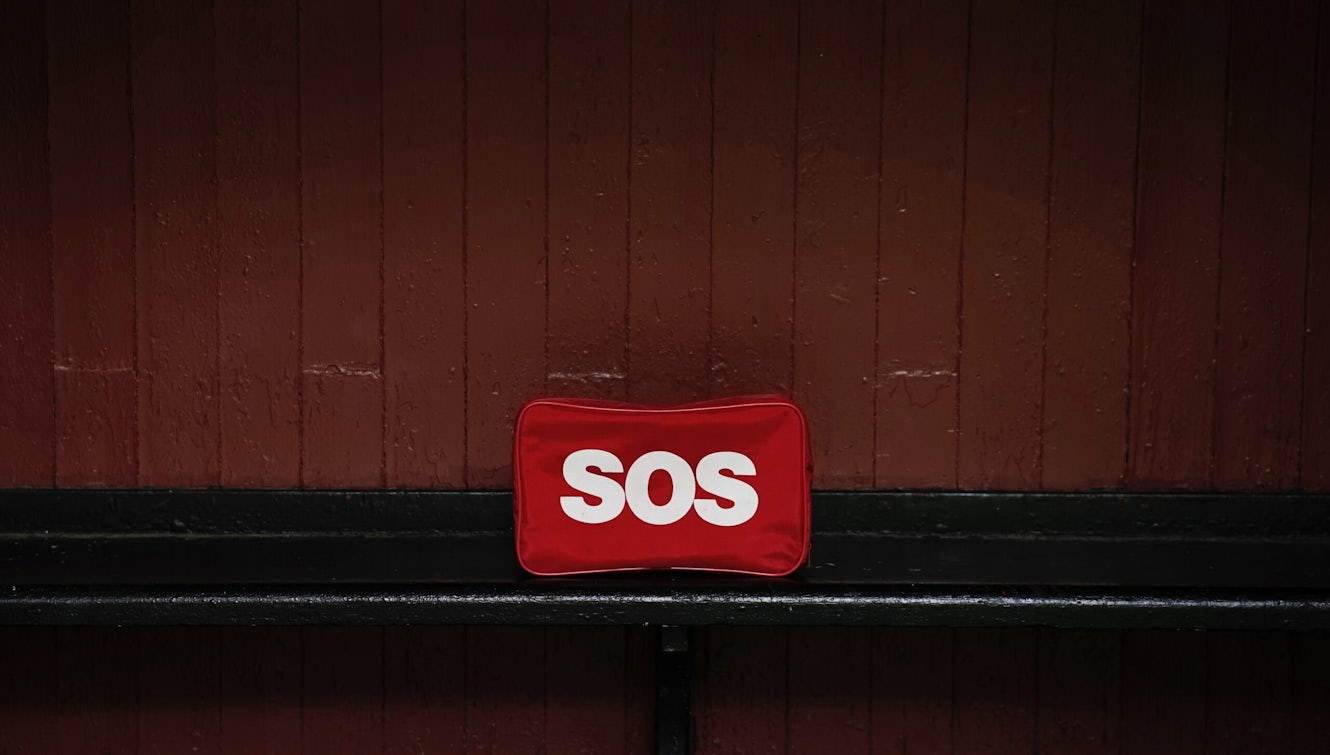This talk consisted of three key speakers discussing crisis management in their respective industries. We had insights from Fergus Campbell, Head of Comms at Gumtree, Jenny Packwood, Head of brand engagement at KFC UK/IE and then Ed O’Brien, MD crisis management at Teneo Blue Rubicon.
Fergus and Gumtree
Fergus discussed how he tackled Gumtree’s ‘death by a thousand papercuts’ in a range of negative press. He stated that tension points arise regarding the business due to the fact that the classifieds platform does not explicitly support clients in transactions, it often takes real world communication for deals to be made, unlike their owners: eBay.
Fergus and the team analysed every issue that was consistently cropping up and created a statement bank for easy swift responses to common issues and stories, allowing them to get on the front-foot. On top of this they threw together more positive campaigns to give people reasons to reappraise the brand and not focus on the barrage of negative press. They took this one step further by working with the police to actually tackle the issues that were causing the negative press using fraud prevention technology and even alerting the authorities to offenders on the site, saving them time and effort.
One campaign they did to better their image was Eertmug, a Scandanavian pop-up shop full of trinkets and decorations. These were all items found on Gumtree (the reverse of Eertmug!) Alongside this, Fergus stated that deepening industry relationships helped to strengthen a counter-narrative and this was made possible from such campaigns.
Jenny and KFC
Who remembers the great chicken disaster of 2018? When Valentine’s day came around and KFC went weeks without chicken due to a huge supply chain failure. Jenny was heading up the crisis comms around this squawking nightmare.
KFC recieved 321 media enquiries over 7 days, this is half their annual average. This amounted to over 1000 pieces of coverage on the scandal and Jenny needed to wipe up the secret herb and spiced mess. jenny stated how this was the dream story for the media as it contained a household name, under huge amounts of stress, with no solution in sight which affected a huge range of sectors (supply chain, food, consumer, etc.) In comes the FCK Bucket campaign.
Their creative agency came up with the FCK Bucket, which consisted of an empty KFC chicken bucket, relabelled ‘FCK’ saying ‘We’re sorry.’ Simple, yet insanely effective. KFC’s response was based around their own brand voice which helped to humanise the business and enabeld them to tackle a huge problem, head-on and appear genuine doing so. It was a social-led campaign, with print ads supporting the comms with the bucket making an appearance in papers like The Metro and The Sun. This was due to the fact that ‘print is the land of the statement’ which allowed people to then spread the message on social organically, repairing the brand name for them.
As a side note, Jenny was a great speaker and if you ever see her name on an event listing, I’d highly recommend you go check her content out.
Ed and TBR
Ed discussed three types of crisis comms demons which can lead to bad advice, bad decisions and bad handling.
First up we have The Tyrant. This is the kind of person who states that everyone involved in said crisis is stupid and you as a crisis comms expert are the only one who can be trusted to handle the situation . This makes for a slow response and often different perspectives are ignored.
Now The Fearmonger is someone who tells you not to tell anyone, hide away from the problem and don’t react. This also is a terrible way to handle these situations as you need to get out in front of it as Fergus was saying.
Finally, we have The Lunatic. These guys throw planning out the window and approach the crisis under the formulation of stress that has brewed from the crisis itself. It’s a terrible cycle and a situation you should not find yourself in if you want to be successful in crisis comms.
Ed told us all to do our crisis comms prep in ‘peacetime’ so when the war breaks out, we’re ready for it with statements, communications and a whole lot of demon hunting.



